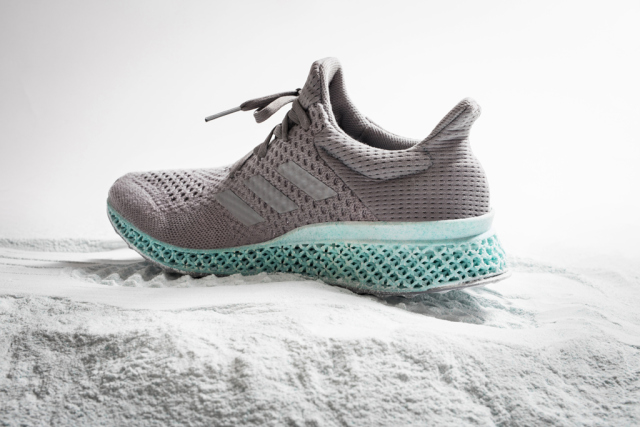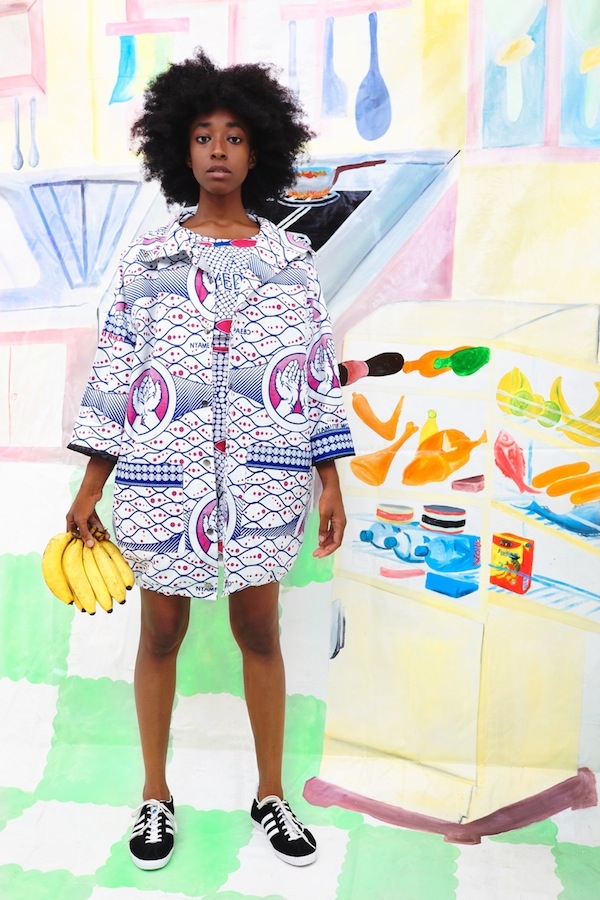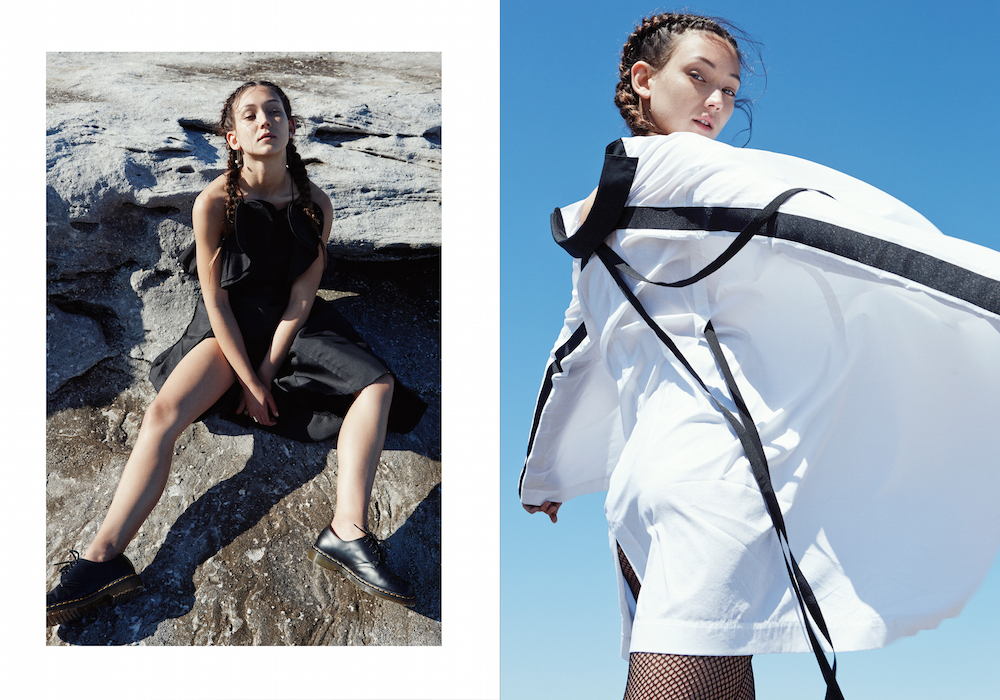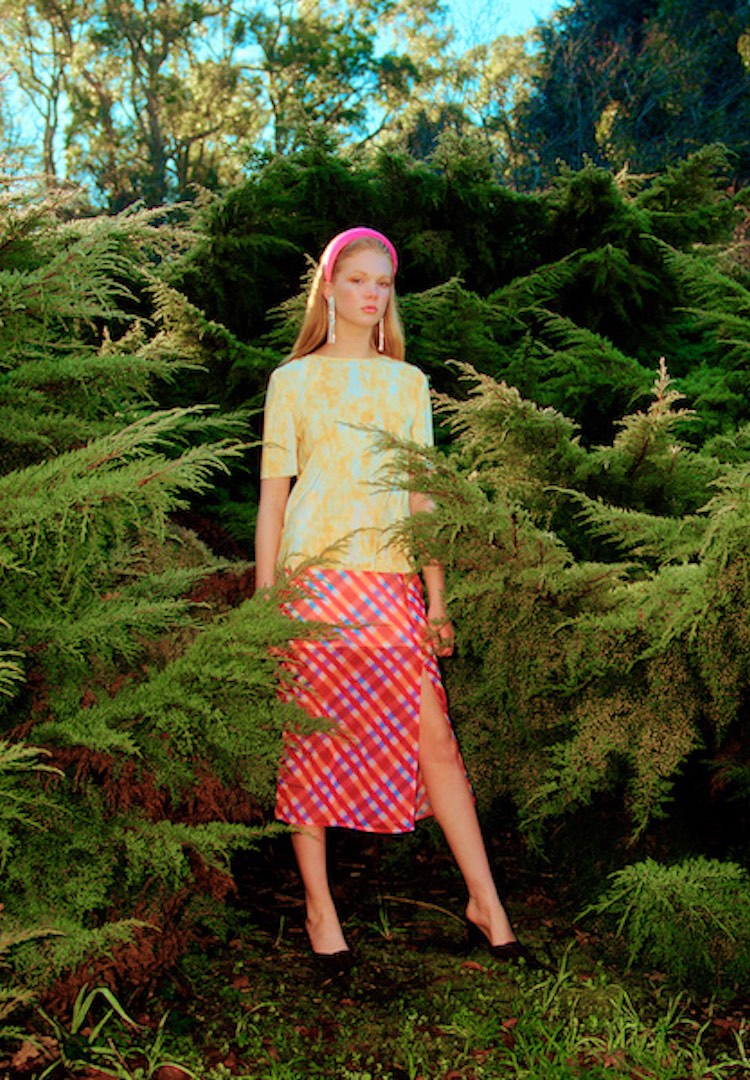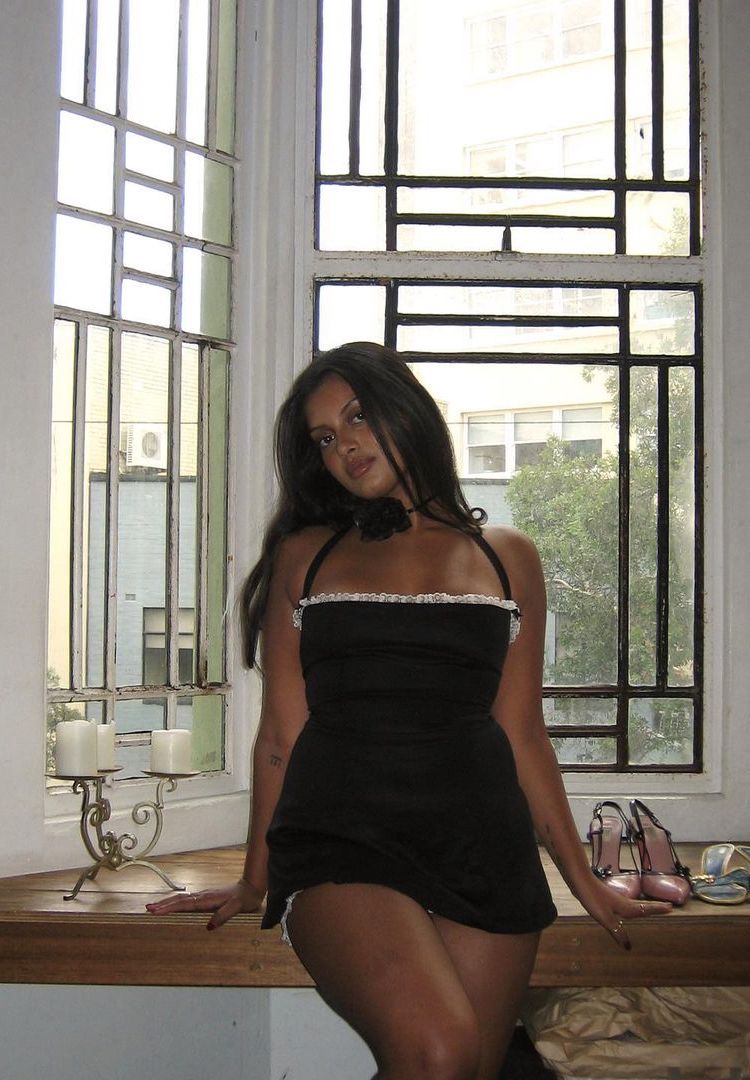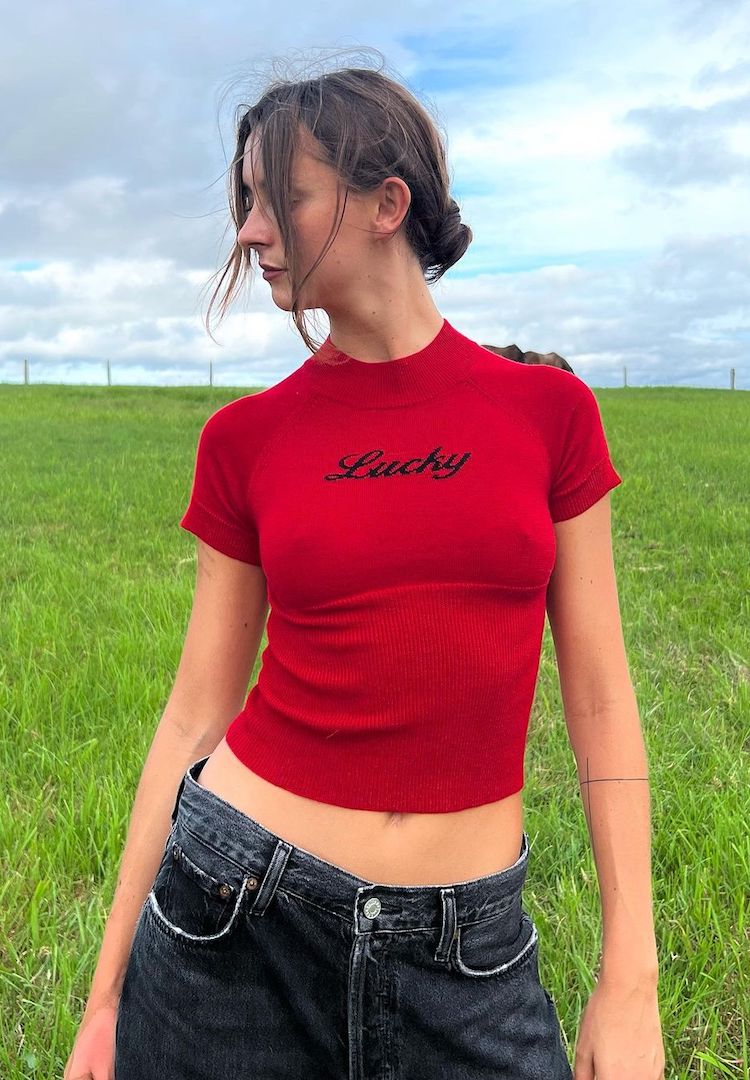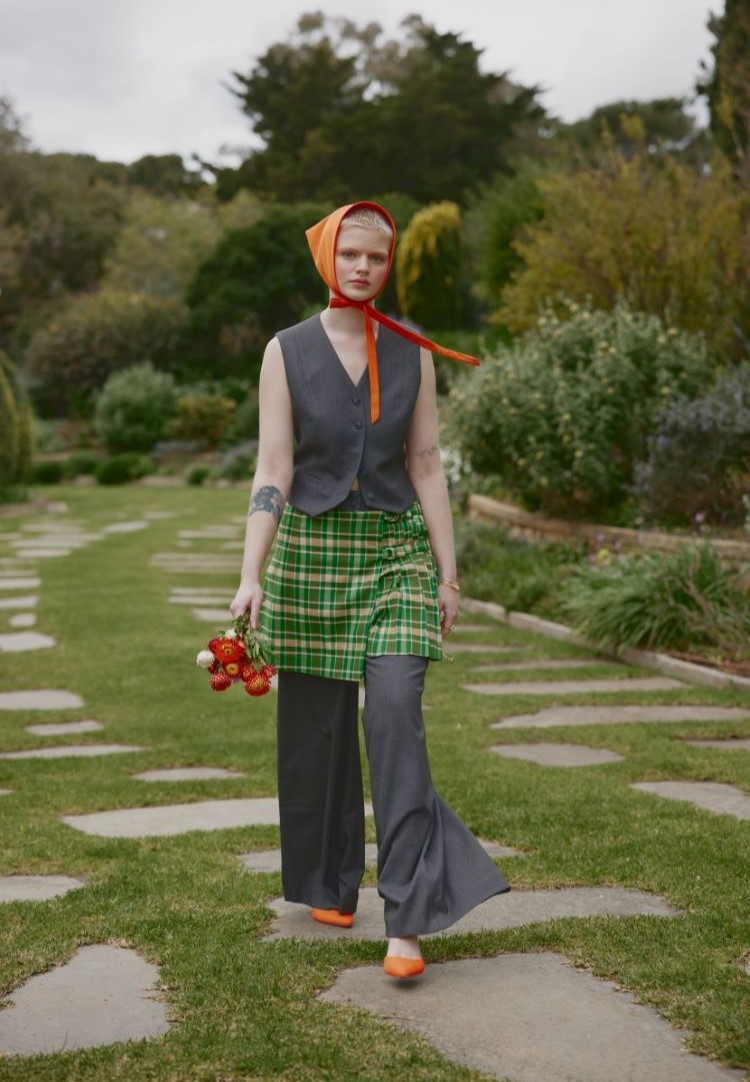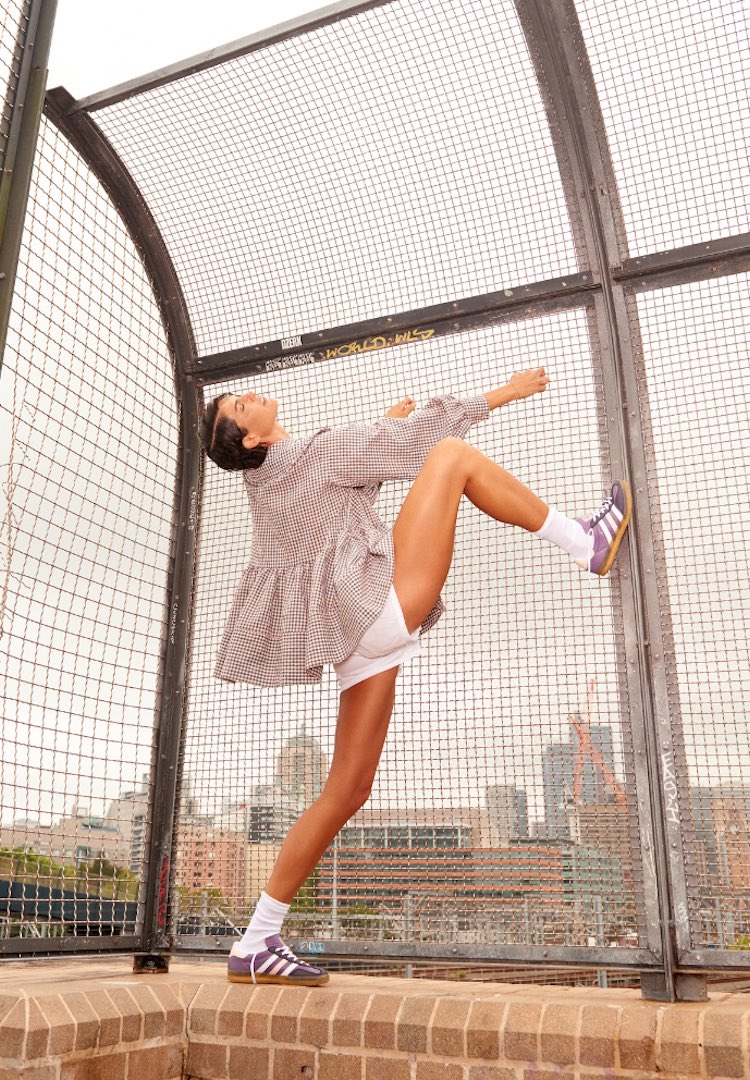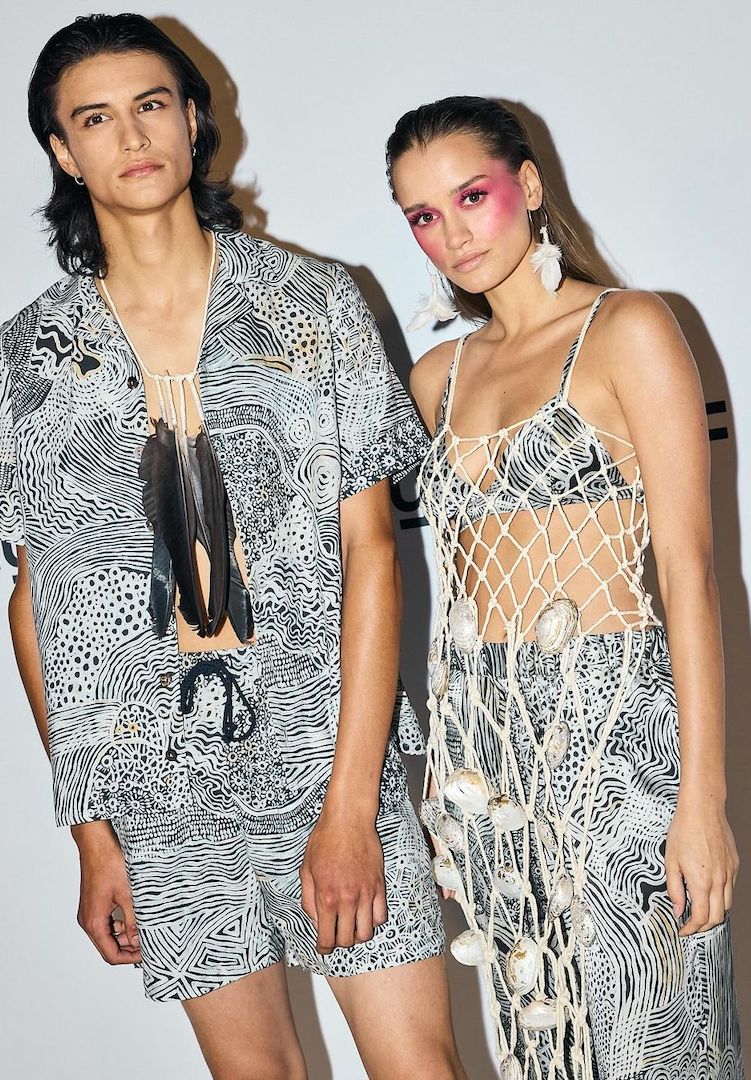How Yevu is changing the game
Meet the label prioritising social responsibility.
Anna Robertson spends 10-hour days in a workshop alongside local seamstresses in Accra, the capital city of Ghana.
She’s hard at work creating Yevu’s next range, producing vibrant threads while also generating income for Ghanaians on the poverty line. While Yevu isn’t a charity, it gives locals the opportunity to earn the average Ghanaian annual salary in three months, while also empowering tailors with new skills.
On average, a Ghanaian seamstress may get paid around $187 AUD per year. Working with Yevu, that seamstress can earn around $1873 AUD in the same time. This is the difference between a child’s school fees being paid or access to more food and electricity.
Anna thought up the idea of a socially responsible label after volunteering for a year as an international aid worker in the area. She was inspired by the vibrant West African wax prints and coupled this with her intent to work with small businesses.
“I don’t have any fashion background or anything like that and it was really just born out of the inspiration I saw in the textiles,” she said.
Any lack of experience certainly doesn’t show. Anna’s debut collection sold out in one week in Sydney.
What makes Yevu a standout is its commitment to social responsibility, providing communities in Ghana with ongoing work and income.
All materials are 100 per cent sourced in Ghana and bought from a wholesale marketplace in Accra, right down to the hardware. Fabrics are then transformed into the pieces that make up the Yevu label, all cut and sewn in the Accra workshop by a team of locals.
This is a far cry from the fast-fashion movement, with chain retailers continually driving down prices and increasing production efforts to sell to the masses.
“They’re not willing to sacrifice that tiny bit of profit to produce in a more socially responsible way. It’s not like you want them all to be eco warriors saving the entire planet, but to just put small incremental things in place, even labour rights for their workers…it really does baffle me a bit,” Anna said.
“Prices are continually being pushed down – I mean you go in there [to chain stores] and buy a t-shirt for $4…’I think how on earth can you buy something that is so cheap?’
“The person that’s making this, there’s no way they can be getting paid a decent wage.”
Once overhead costs are taken care of, every available cent of Yevu’s profits is reinvested back into the Ghanaian team, to cover everything from fair wages to new textiles.
“I worry a little that it is hard to compete on a price level with the H&Ms and other big brands because they are able to produce so cheaply. But I think that consumers in Melbourne and Sydney have respond- ed to the brand really favourably. They know what they’re buying, they know where it comes from and they know the story behind it.
“And because the textiles, the fabrics and the prints are a little different to everything else that’s on the market in terms of the fast-fashion industry, we’re set apart,” she added.
This is an integral part of Yevu’s success, as it’s allowed the brand to create a unique identity to compete with the bigger chains.
“You’ve really got to develop a business model if you want to run any sort of social enterprise – you’ve got to develop a model that is self sustaining financially which means developing a product that people really want.”
Anna has done this well, with the release of Yevu’s fourth collection selling in a frenzy through pop-up stores in Sydney and Melbourne.
“I love seeing people wearing the product and really enjoying it and seeing it transform. Spending so many months doing that [work] and seeing people really enjoying the clothes and the product and the story behind it has been really nice.”
Yevu pop-up stores are running in Sydney from November 27 to January 24 and in Melbourne from December 4 to January 31. You can view the full Yevu lookbook here.

